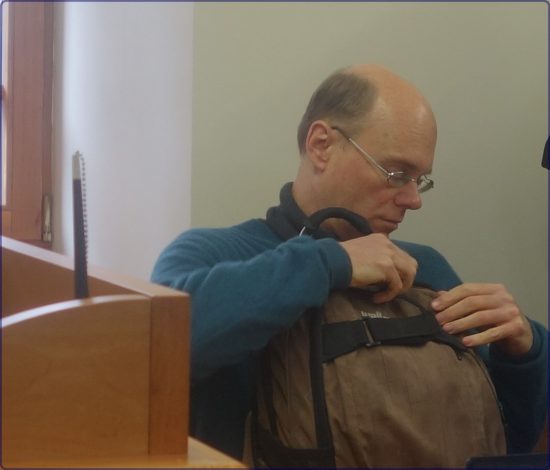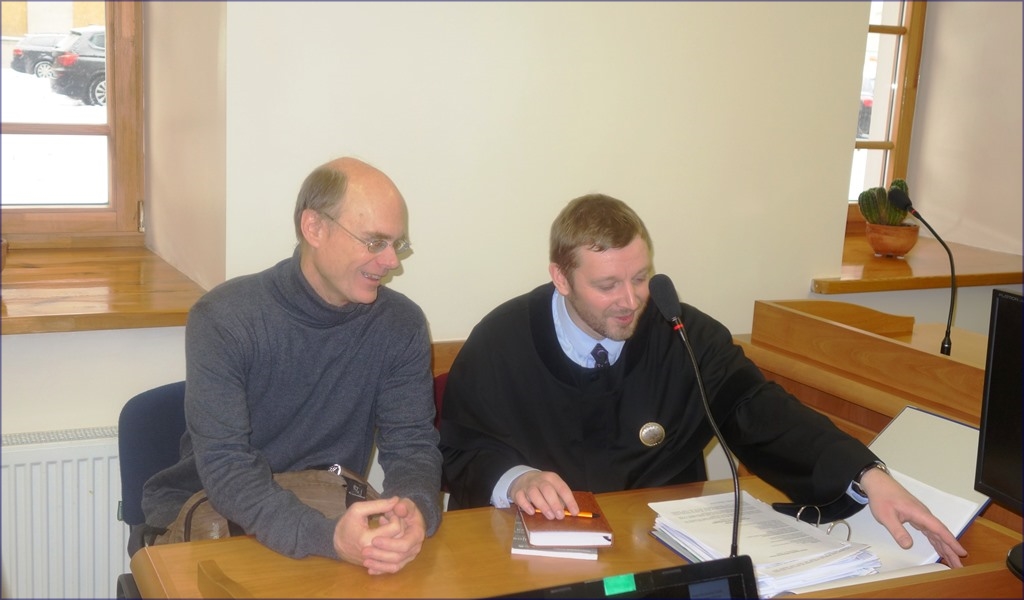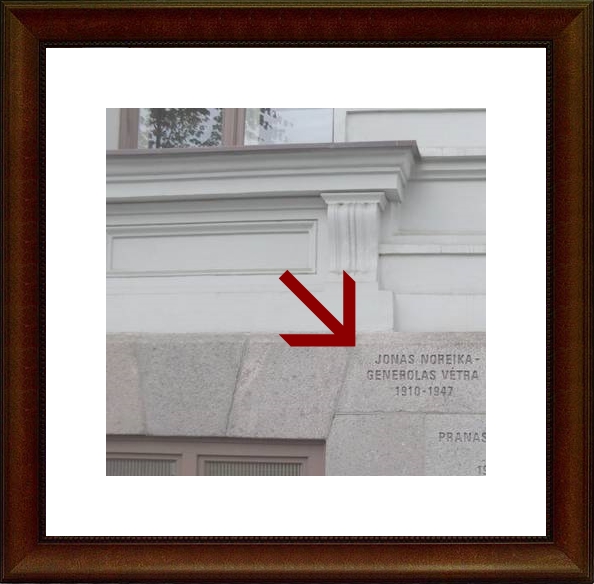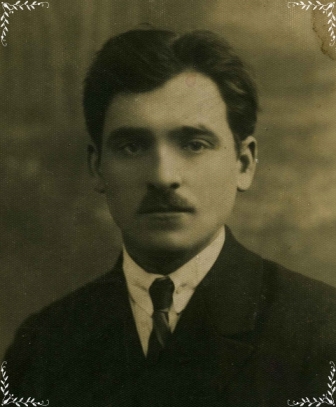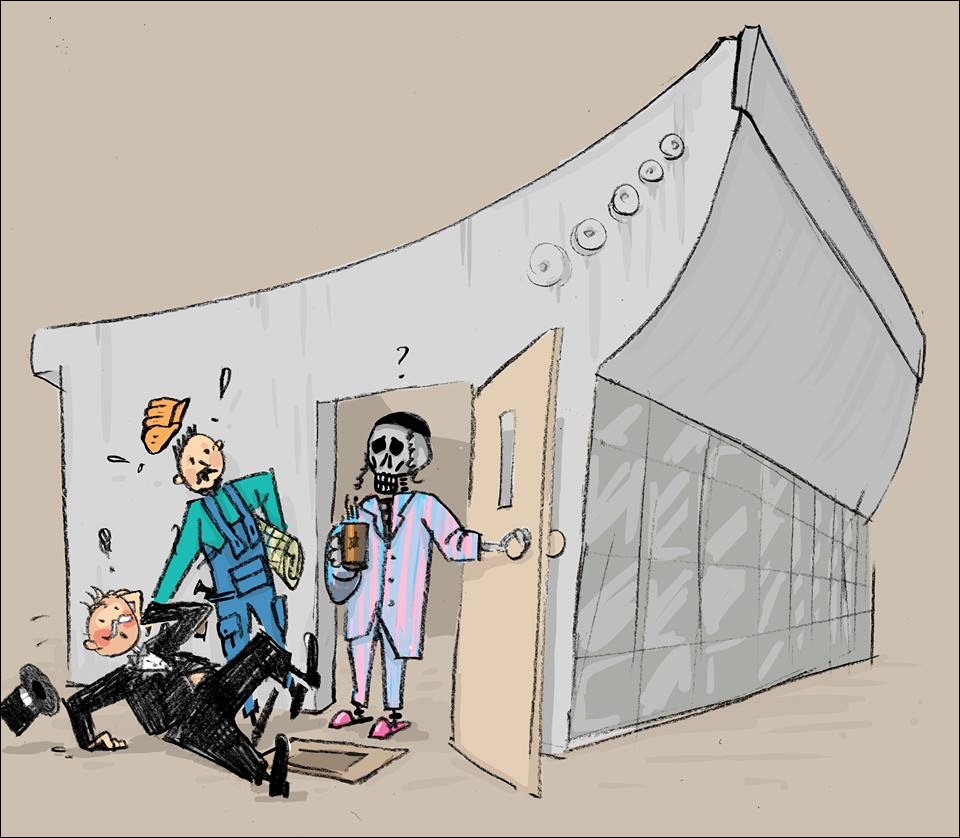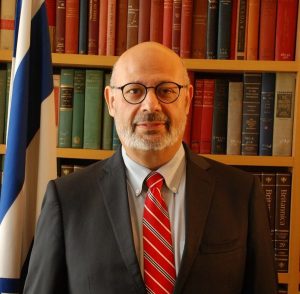◊
VILNIUS—On March 27, Wednesday, at 1 PM here in Vilnius, the Vilnius Regional Administrative Court will be reading its verdict on the case filed by California resident Grant Gochin calling on the state-sponsored Lithuanian Genocide and Resistance Research Center, widely known as the Genocide Center, to revise its evaluation of Holocaust perpetrator Jonas Noreika as a hero who is worthy of state honors. Hundreds of documents have been produced demonstrating beyond all doubt his participation in the Lithuanian Holocaust (see sample document). One of the case’s sensations was the powerful and historic statement condemning Noreik’a crimes produced by his granddaughter, the American educator and author Silvia Foti.
The public and the press are welcome to attend the conclusion of this historic trial at Žygimantų Street 2 in central Vilnius.
BACKGROUND
DH’s take. Report on 15 Jan. hearing. Report on 5 March hearing. Evaldas Balčiūnas’s 2012 article that brought Noreika to the attention of the English speaking world. Balčiūnas’s DH section.
